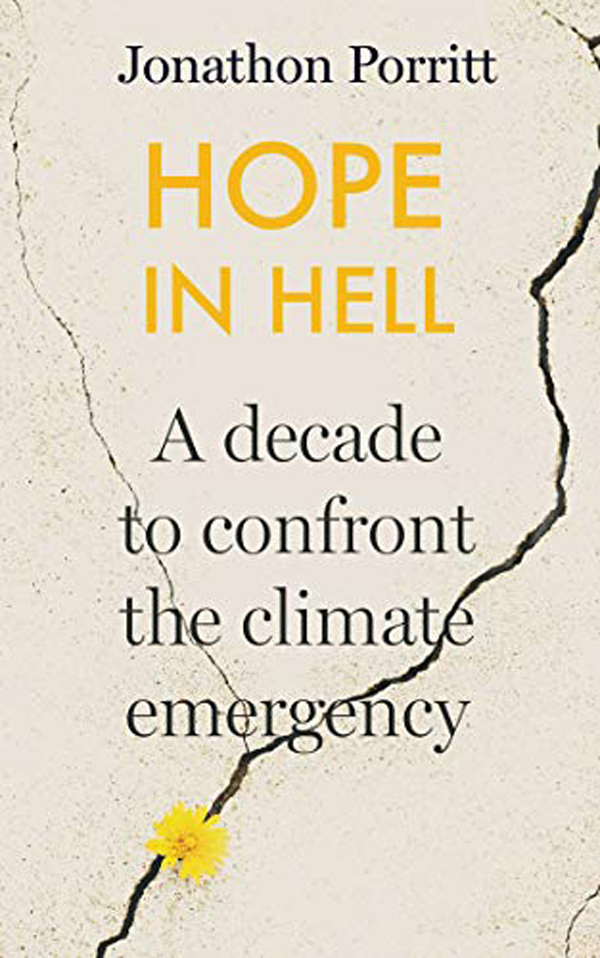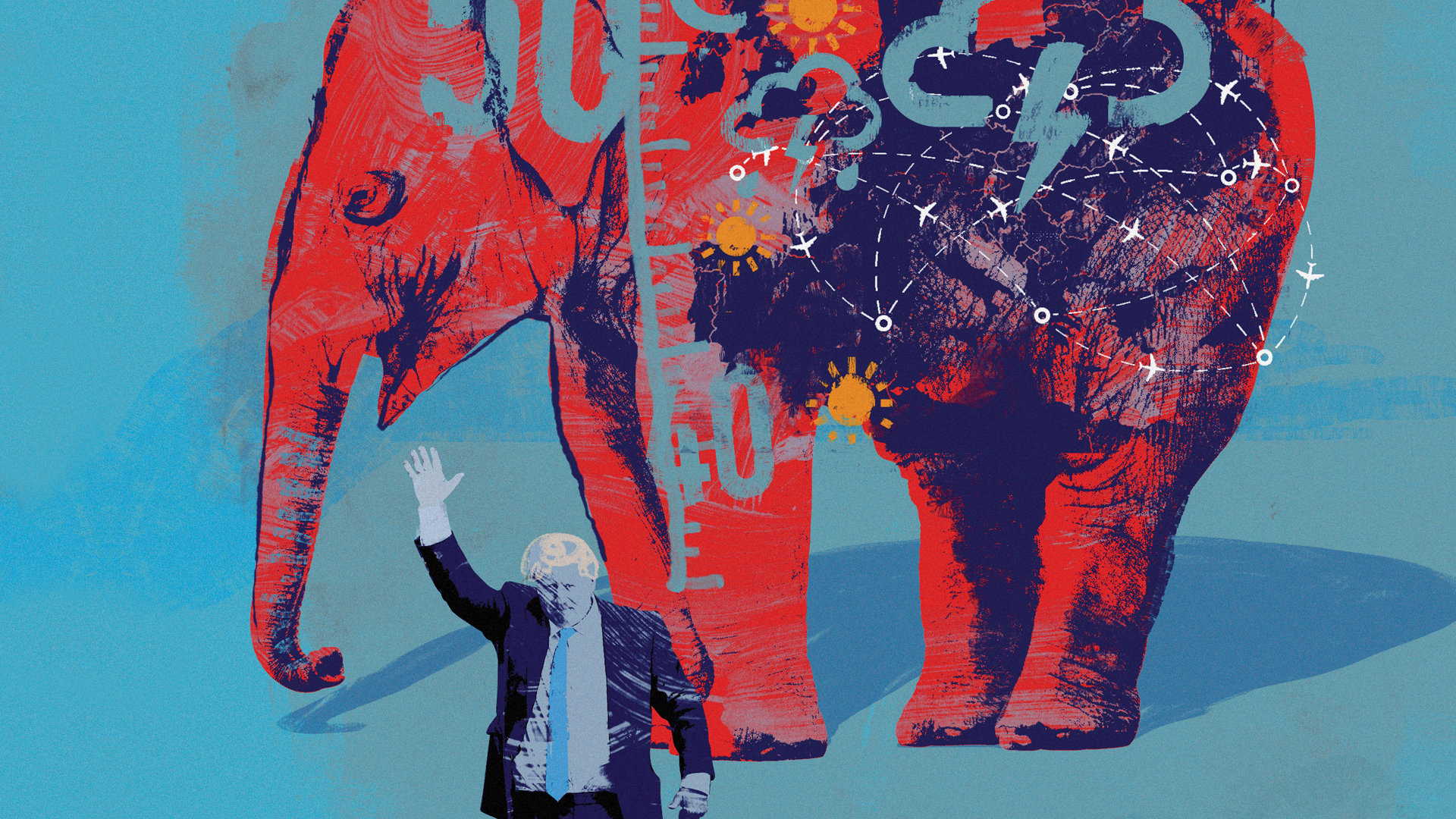So spare a thought for the tens of millions of people in California, Nevada, Oregon and British Columbia, being broiled by one heatwave after another. And in particular for the unfortunate citizens of Lytton, trapped for more than three days in British Columbia’s ‘heat dome’ back in June, roasted by the highest temperature ever recorded in Canada at an astonishing 49.6C. On the very next day, a wildfire swept through Lytton, destroying more than 90 percent of homes. ‘Out of the frying plan into the fire’ became an all-too literal horror story for all those involved.
But things are hotting up the world over, with the impact of climate change a lived reality for more and more people every year. Even the most hard-bitten of climate scientists, who’ve been studying this stuff for decades, are taken aback by just how fast things are changing. What happened in British Columbia exceeded even the worst of the ‘worst case scenarios’ that they’d prepared to help inform the politicians.
Astonishingly, I’m still not sure the basic message has actually landed with the majority of politicians. For instance, it took the death of more than 200 people in the worst floods Germany has ever experienced to persuade Chancellor Angela Merkel that her country’s efforts to combat climate change have been completely inadequate.
So what is it they don’t understand about this basic message?
- Our economy still depends on burning a lot of coal, oil and gas, and the emissions from these fossil fuels continue to warm the atmosphere – the so-called ‘greenhouse effect’.
- At the same time, we continue to destroy huge areas of forest and other critical habitats, which makes things even worse.
- Emissions of these greenhouse gases have only just started to decline, despite climate scientists telling us that we need to see them halved over the course of the next decade if we want to avoid the sort of worst-case scenarios referred to.
- Politicians have been talking about getting to grips with this crisis for more than 30 years. And they’ve got pretty good at setting ambitious targets. But the rhetoric still far exceeds any real action on the ground.
- Meanwhile, the planet has its own way of telling us just how foolhardy this is. As a good friend of mine keeps saying: “We’re still not ready for what has already happened.”

I first got involved in all this nearly 50 years ago when I came across a little book called Blueprint for Survival published by The Ecologist magazine. In a few short chapters, it spelled out exactly why things were inevitably going to get pretty bumpy, with more and more people demanding more and more, every year, on a finite and fragile planet. It could only end in tears. That may have seemed ‘radical’ back then. Now it’s just common sense.
However, despite all the false starts and all the frustrations of those five decades, I’m convinced that we still have time to do what needs to be done. Almost all the technologies we need to get to grips with this climate emergency already exist (in terms of renewables, electric vehicles, cleaner and leaner manufacturing, and so on), and are becoming more and more cost-effective.





